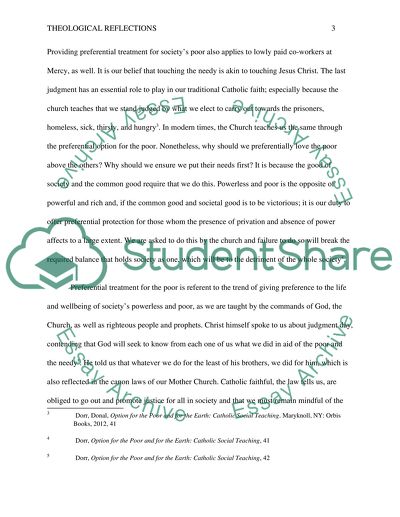Cite this document
(“Theological Reflections Research Paper Example | Topics and Well Written Essays - 1750 words”, n.d.)
Retrieved from https://studentshare.org/religion-and-theology/1493352-theological-reflections
Retrieved from https://studentshare.org/religion-and-theology/1493352-theological-reflections
(Theological Reflections Research Paper Example | Topics and Well Written Essays - 1750 Words)
https://studentshare.org/religion-and-theology/1493352-theological-reflections.
https://studentshare.org/religion-and-theology/1493352-theological-reflections.
“Theological Reflections Research Paper Example | Topics and Well Written Essays - 1750 Words”, n.d. https://studentshare.org/religion-and-theology/1493352-theological-reflections.


